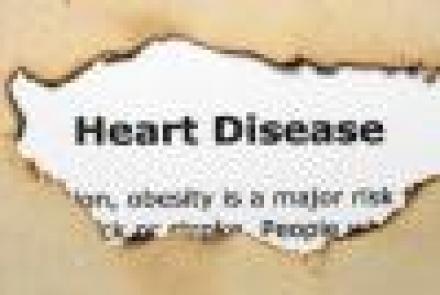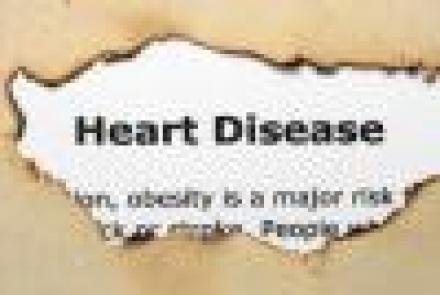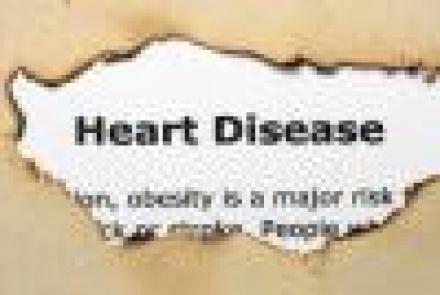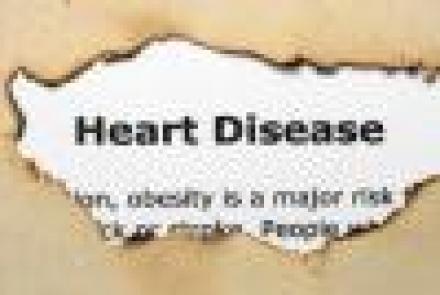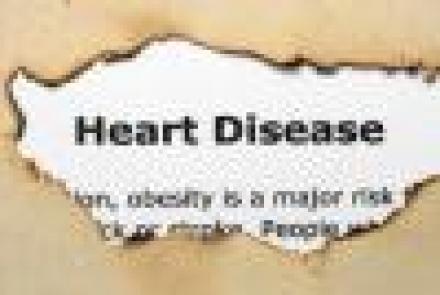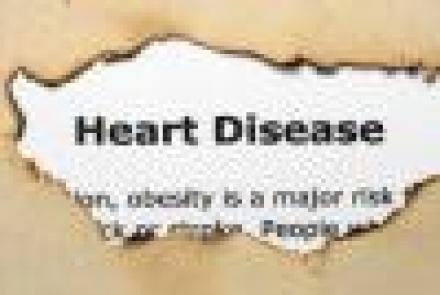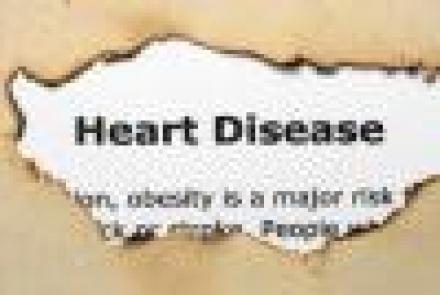
When one is told that they need surgery it may feel daunting and very radical to most of us. The aim is to get the surgery done on time with the best outcome and that weighs on the decision as we feel pressed for time. Here are some queries related to the 5 surgical conditions that you may ask your doctor to feel more confident about your decision and to help feel a part of the decision of going ahead with the surgery.
This is the second part of the article Questions to Ask Before Any Surgery Part 1
CAESARIAN SECTION
Caesarean is a surgical procedure done to deliver a baby through the abdomen by making an incision on the abdomen and uterus.
Some common causes for a caesarean section are:
- Planned caesarean is usually done for large babies, when baby’s presentation is not head down (breech, lateral etc), complications of the placenta.
- Sometimes an emergency caesarean may be done when the baby is in distress.
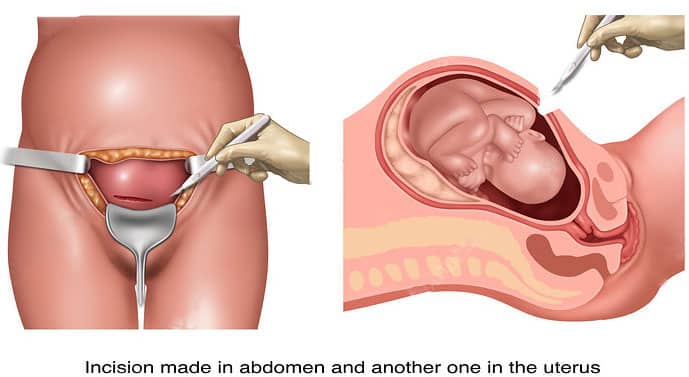
https://www.drarohitasgaonkar.com/caesarean-section-delivery/
Reasons for choosing a C-section over a vaginal delivery?
- Discuss possible reasons and pros and cons of a C-section with your doctor.
- Ask about the potential risks associated with the surgery.
Surgery
- Ask what kind of anesthesia will you get during the surgery?
- Ask how long will the surgery usually takes?
- Inquire how long after the surgery can you breastfeed your baby?
- How long will your hospital stay be?
- Ask about any medications or supplements you may be taking and whether you may need to stop them before surgery.
- Ask if the pediatrician will be there in the OT to receive the baby?
Recovery:
- What can affect the healing of you incision?
- How long will your stitches take to heal?
- Ask if you can have a normal delivery after a caesarean?
- Will the surgery affect your breastfeeding?
- Ask about the frequency and duration of post operative follow up visits.
Bleeding:
- How long will you bleed after a C-section?
- When should you contact your doctor if the blood flow is heavy or doesn't stop?
Daily Activities:
- What activities are safe for you in the first few days after surgery?
- When can you resume sex?
Postpartum checkups:
- When should you have your postnatal check-up?
- What to expect with hormonal changes after childbirth?
HYSTERECTOMY
Hysterectomy is the process of surgical removal of the uterus. It may be partial, total or radical. Some common cases where hysterectomy is recommended are:
- Abnormal bleeding
- Fibroids
- Endometriosis
- Uterine prolapse
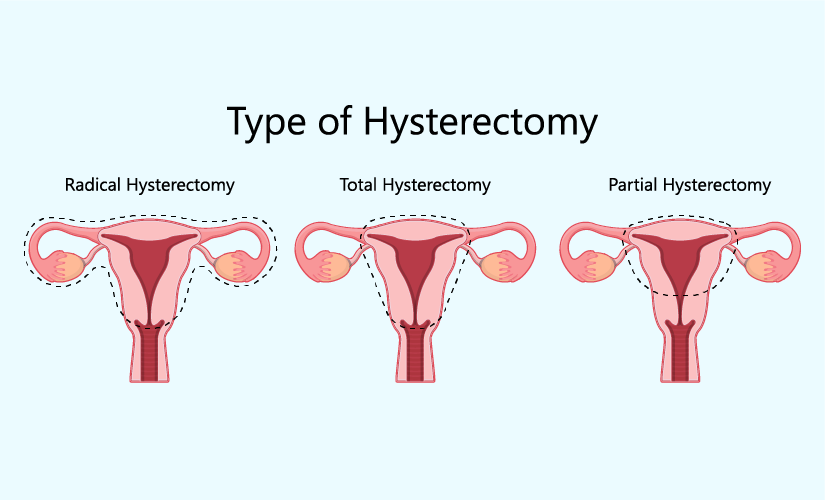
Surgery
- Why do you need the hysterectomy? Are there any alternatives to the surgery?
- What organs will be removed as a part of the surgery?
- Will the surgery be vaginal or abdominal?
- How long is the expected total hospital stay?
- What are the physical effects of a hysterectomy?
- Ask about any medications or supplements you may be taking and whether you may need to stop them before surgery.
Complications
- What are possible complications of this surgery?
Recovery
- How soon can you resume your day-to-day activities?
- Are there restrictions for physical activities like swimming, lifting, running?
- Will you need hormone replacement therapy?
- Will the surgery affect your sex drive?
Follow up
- Any dietary and lifestyle changes needed after surgery?
- How long do I need to follow up and how frequently?
CAROTID ENDARTERECTOMY
The carotid artery is the main artery that carries blood and oxygen to the brain. A carotid endarterectomy is a surgery that is performed when the carotid artery is narrowed or there is a block (plaque) buildup in it.
When is this surgery done?
- When the carotid artery is narrowed >70%
- In case of a stroke or TIA (transient ischemic attack)
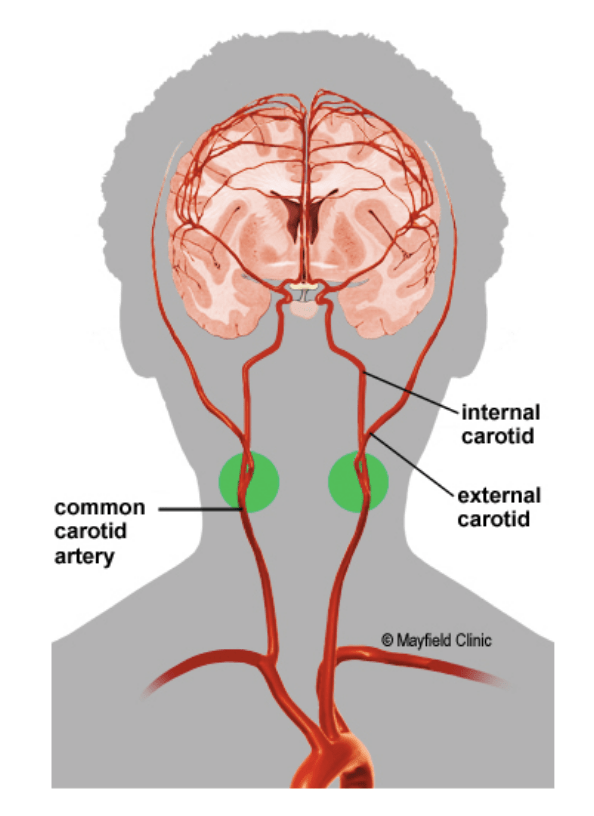
https://hopeforhearts.com.au/carotid-artery-stenosis/
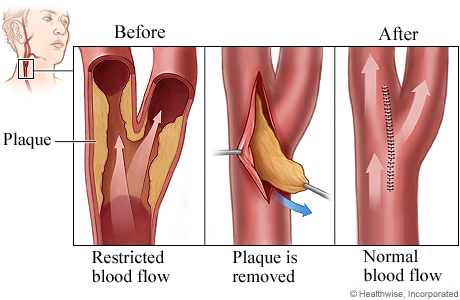
https://www.healthlinkbc.ca/health-topics/carotid-endarterectomy
Surgery
- Ask about the urgency and importance of surgery in your case.
- Ask what to expect during the procedure?
- Ask about the technique that will be used to remove the plaque from your carotid artery.
- What type of anesthesia will be used?
Any preoperative instructions
- Do you need to stop any medication that you’re taking before the surgery? If yes, how many days before surgery must you stop taking them?
Risks
- Is the surgery an emergency or may be planned at an interval?
- What happens if you choose not to get the surgery?
- What are the potential complications of the surgery?
- What is the incidence of occurrence of the risks?
Recovery
- What is the expected duration of the hospital stay?
- Will you have any tubes or drains inserted during or after surgery? Will you need them at home?
- When can you expect to resume daily activities like driving/workout etc?
- What are the dietary and lifestyle changes that you are expected to make?
Follow-up care
- How often should you expect the follow-up visits and for how long?
- Will I need any physiotherapy or occupational therapy after surgery?
CORONARY ARTERY BYPASS
Coronary artery is the blood vessel that supplies the heart with blood and oxygen. Coronary artery bypass is the surgery done to bypass the blockages in this artery.
When is this surgery commonly done?
- Coronary heart disease with angina
- Heart attack
- Some cases of diabetes
- Blocked coronary arteries
- Some severe cases of heart failure
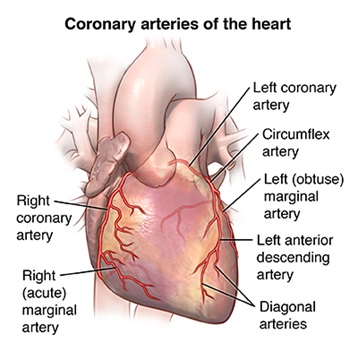
https://www.hopkinsmedicine.org/health/treatment-tests-and-therapies/co…
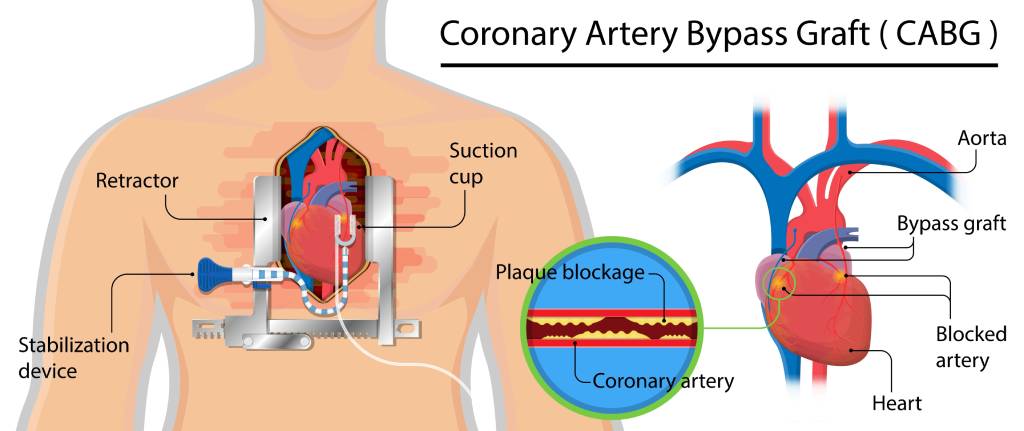
https://www.apollohospitals.com/health-library/coronary-artery-bypass-g…
Surgery:
- What type of coronary artery bypass surgery will you have (on-pump vs. off-pump)?
- Which arteries will be used for the bypass grafts?
- What are the potential risks and complications associated with this surgery?
- What are the chances of success with this surgery?
- What is your success rate with this type of surgery?
Preparation and recovery:
- What tests will be needed before the surgery?
- Are there any medications or supplements that you are taking that should be stopped before the surgery, and when?
- What is the expected duration of stay in the hospital?
Lifestyle changes:
- What dietary and lifestyle changes will you need to make after surgery?
- When can you return to work and resume normal activities after surgery?
Medications:
- What medications will you need after surgery, and for what duration will you need to take them?
- What are the potential side effects expected from the medications you need to take post-surgery?
Other considerations:
- What happens if you do not opt for the surgery right away, how long can it wait?
- Are there any alternative treatments that may be considered?
- Do you need to set up back home for the recovery period?If yes, what are the requirements?
PROSTATECTOMY
The prostrate is small gland around the urethra that produces fluid for the semen in men. The prostate may normally enlarge with increasing age. Prostatectomy means the surgical removal of the prostate gland. It maybe radical (seminal vesicles are also removed with the prostrate), Transurethral resection of prostrate (TURP) where it’s approached through the urethra as the name suggests or
This surgery is commonly done for Prostate cancer and Benign prostate enlargement when it affects the urination
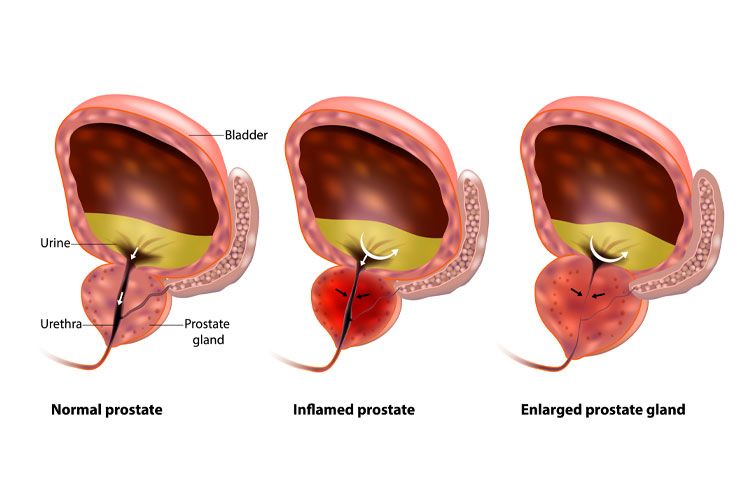 https://www.urologisttijuana.com/services/prostatectomy/
https://www.urologisttijuana.com/services/prostatectomy/
About Prostrate enlargement:
- What are the possible causes of the prostate enlargement?
- How common is it for men your age to have prostate issues?
- Is it possible that your issue is related to prostate cancer?
- Are the symptoms that you’ve discussed due to an enlarged prostate?
- Are there any tests that are needed further before surgery?
- Are there medications that accentuate the urinary symptoms or make the prostate inflammation worse?
- What can help reduce the frequency of night urination?
Surgery:
- How to rule out if your issues are due to prostate cancer?
- Are there any alternative/safe treatments and medicines that may help avoid surgery for you?
- What are the possible outcomes if you decide not to have surgery?
- What is the type of surgery that is suggested for you?
- What are the possible complications of the surgery?
- What is the expected recovery period and duration of hospital stay?
Recovery
- What is the expected recovery period?
- Will you experience any pain on urination after surgery?
- Will my sex life be affected?
- When can you resume normal day to day activities?
- When can you start exercising?
Follow up
- How long would you be expected to follow up for and what is the frequency of follow up visits?
- Will my urinary symptoms completely resolve after surgery?
Surgical decisions are based on medical decisions based on one’s symptoms, progression of disease, severity and threat to normal functioning. Even though the doctor steers the wheel and has your best interests in mind based on their medical knowledge, feeling a part of the decision and self-advocacy can help improve the outcome and feel more informed about the process. So do not hesitate to ask the right questions and be your self-advocate as its your body and the outcome is yours to live with.
CITATIONS:
- “Ask an OB/GYN – Your Top C-Section Questions Answered | HCA Virginia.” HCA Virginia, 2024, www.hcavirginia.com/healthy-living/blog/your-top-seven-c-section-questi…. Accessed 18 Nov. 2024.
- “Ask Your Doctor.” SCAI - Seconds Count, 2023, www.secondscount.org/treatment/coronary-artery-bypass-graft-surgery/ask…. Accessed 21 Nov. 2024.
- “Carotid Endarterectomy: Before Your Surgery.” Alberta.ca, 2024, myhealth.alberta.ca/Health/aftercareinformation/pages/conditions.aspx?hwid=zc2749. Accessed 19 Nov. 2024.
- Clinic, Cleveland. “6 Questions to Ask Your Surgeon If You Need Coronary Bypass Surgery.” Cleveland Clinic, 4 Mar. 2019, health.clevelandclinic.org/6-questions-to-ask-your-surgeon-if-you-need-coronary-bypass-surgery. Accessed 21 Nov. 2024.
- “Enlarged Prostate - What to Ask Your Doctor Information | Mount Sinai - New York.” Mount Sinai Health System, 2021, www.mountsinai.org/health-library/questions-to-ask-your-doctor/enlarged…. Accessed 21 Nov. 2024.
- Gallagher, Kathryn. “Questions to Ask.” Prostate Cancer Foundation, 9 Aug. 2016, www.pcf.org/c/questions-to-ask/. Accessed 21 Nov. 2024.
- John Hopkins Medicine. “Coronary Artery Bypass Graft Surgery.” Hopkinsmedicine.org, John Hopkins Medicine, 2019, www.hopkinsmedicine.org/health/treatment-tests-and-therapies/coronary-a….
- “Questions for Your Doctor about Hysterectomy | HCF.” Hcf.com.au, 2016, www.hcf.com.au/preparing-for-hospital/hysterectomy/questions-for-your-d…. Accessed 19 Nov. 2024.
- Should You Have a Hysterectomy?How to Decide 1.
- “Coronary Artery Bypass Grafting - Who Needs It?| NHLBI, NIH.” Www.nhlbi.nih.gov, www.nhlbi.nih.gov/health/coronary-artery-bypass-grafting/who-needs.
- “Coronary Artery Bypass Graft Surgery.” Hopkinsmedicine.org, John Hopkins Medicine, 2019, www.hopkinsmedicine.org/health/treatment-tests-and-therapies/coronary-a….




